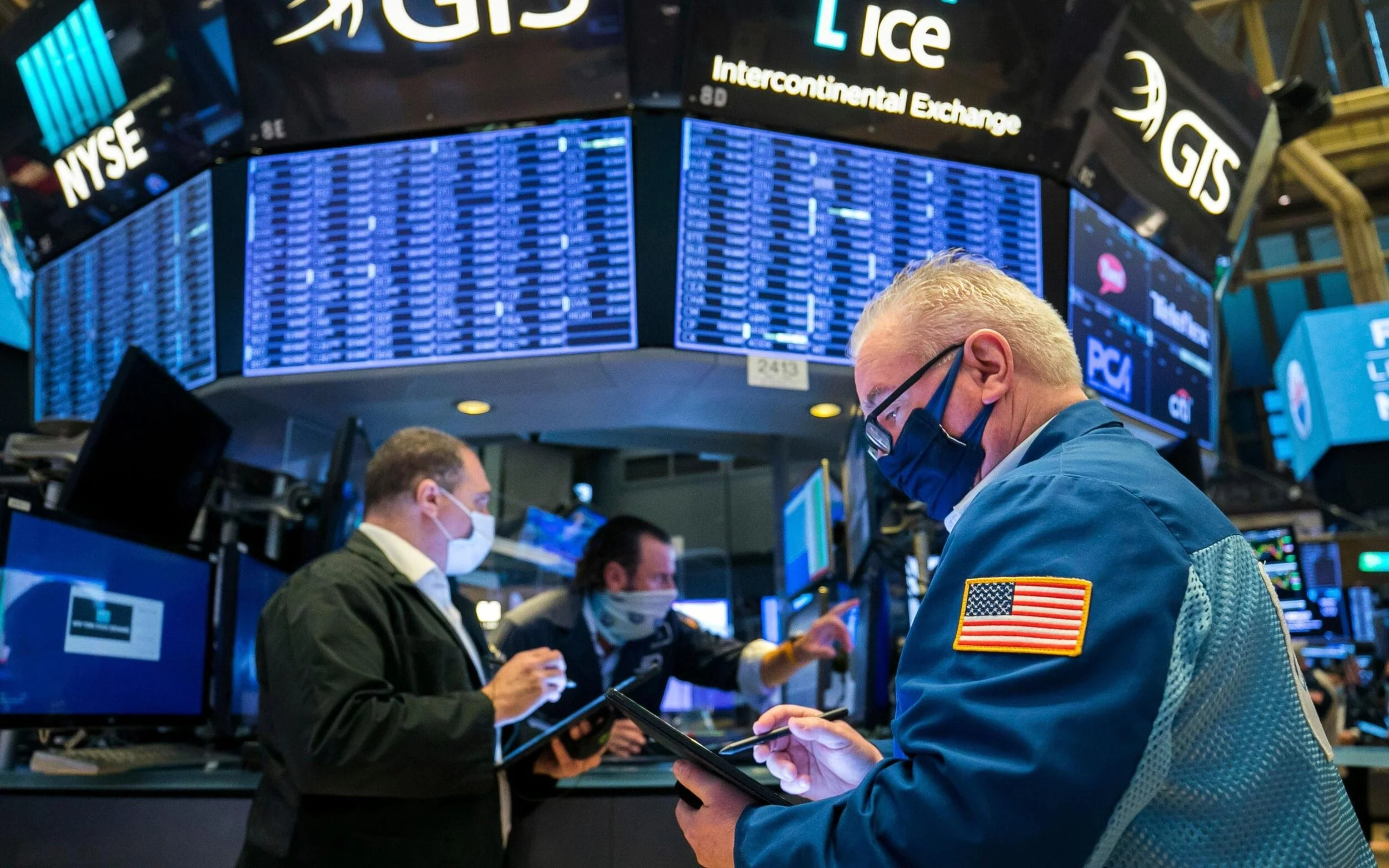
Why is the US Stock Market at an all time high? Again…
Henry Taylor
If investors are supposed to fear uncertainty, surely one would in expect 2020, the year of Covid 19, to be characterised by a plummet in supply and demand for investment and consequently a reciprocation of this in the stock market. This however, is not the case and stock valuations are in fact soaring.
One fundamental explanation of this market rally is that governments have been pumping large quantities of money into their economies through quantitive easing, combined with the fact that central banks have pushed interest rates down to near zero. Consequently, the propensity for consumers to save has fallen and consumers are more inclined to keep their money in the stock market where they can expect a 4-5% return as opposed to a 0% return if they kept their money in banks.
Another explanation for the rocketing stock market is Pfizer’s release of the Covid-19 vaccine and with it expectations of stability and a return to normality. Economic analysts have predicted a significant rise in investment with the expectation that consumers will follow the bandwagon bias. The bandwagon effect is the tendency of an individual to acquire a particular style, behaviour or attitude because everyone else is doing it. It is a phenomenon whereby the rate of uptake of beliefs, ideas, fads and trends increases with respect to the proportion of others who have already done so. Saying this however, not all the stocks across the stock market should expect to benefit from the release of the vaccine to the extent of which retail stocks will. Unsurprisingly, technology companies benefitted greatly from the Covid-19 pandemic, with a drastic shift towards online shopping, home deliveries and business communication systems that have become a requirement rather than a luxury. In the recovery phase from this pandemic, whilst one would expect most businesses to grow due to increased consumer confidence, technological companies are forecasted yet again to perform exceedingly better in the stock market than transport and retail businesses. This is could imply a troubled future for non tech firms, given that not only most of these firms are exclusively reliant on the government stimulus packages, but also the shift to digitalisation now seems to be more permanent rather than anomalous for 2020. Moreover, in the US, the recent Presidential Election pushed any talks of continued stimulus packages to the side. Consequently, one could expect to see an increase in the number of businesses, currently servicing as zombie firms, falling into bankruptcy and thus any expectations for a growth in demand for investment into these companies to plummet with them - COVID has accelerated the shift towards digitalisation, as shown by the relative performance of tech heavy indexes compared to those weighted to retail and commerce.
One could finally justify this unexpected growth in the stock market by the recent 2020 Trump v Biden Presidential Election resulting in a Biden victory. Despite the democratic victory in the White House, the Republican Party have still maintained control of the senate (providing they win the Georgia run offs) and thus one can only expect Biden’s administration to be one of policy gridlock. Biden’s promises of higher welfare spending and lower taxes will not likely make it through the Republican controlled Senate and thus one should expect the next four years to be characterised as stable. This is ideal for investors who are renowned for denouncing change and instead advocating stability. The companies that investors are investing in will not have to change strategy as a result of policy change and thus can project growth over a longer term. Whilst the tone of this justification suggests that investors were routing for a Biden victory, the reality is very much different. Only 4 years prior to this election, it was Trump’s 2016 Presidential election that drove a previous market rally. However, as heartless as it to say, one could argue that Trump’s driving growth of the stock market has ‘run its course’ with businesses now aspiring for healthy, stable, international trade free of populist rhetoric, which would not be fulfilled under another Trump administration.
The above three explanations offer some insights into why stock prices are rising at a time when the real economy is heading south, they tend to miss a big piece of the puzzle: the economic pain inflicted by Covid-19 is not being borne by publicly traded companies. It is instead falling on small businesses and individual service proprietors that are not listed on the stock market. So to conclude, whilst projections for the stock market are at an all-time high, this is not reflective of the current economic situation in which transport and retail corporations are ‘hanging on by a thread’ by financial packages from the government and small companies disproportionately falling into bankruptcy.
Put best by the economist, "Financial markets have got out of whack with the economy". In a country where the top 1% already take home 22.8% of pre tax income, and owns 38% of stock market wealth, this makes for fragile foundations. The unfortunate reality is as more Americans than ever slip into unemployment, the stock market flies, hence also the prosperity of the upper echelons of the US wealth distribution. Corporate America prevails, but surely it’s time for a change?
Henry Taylor
